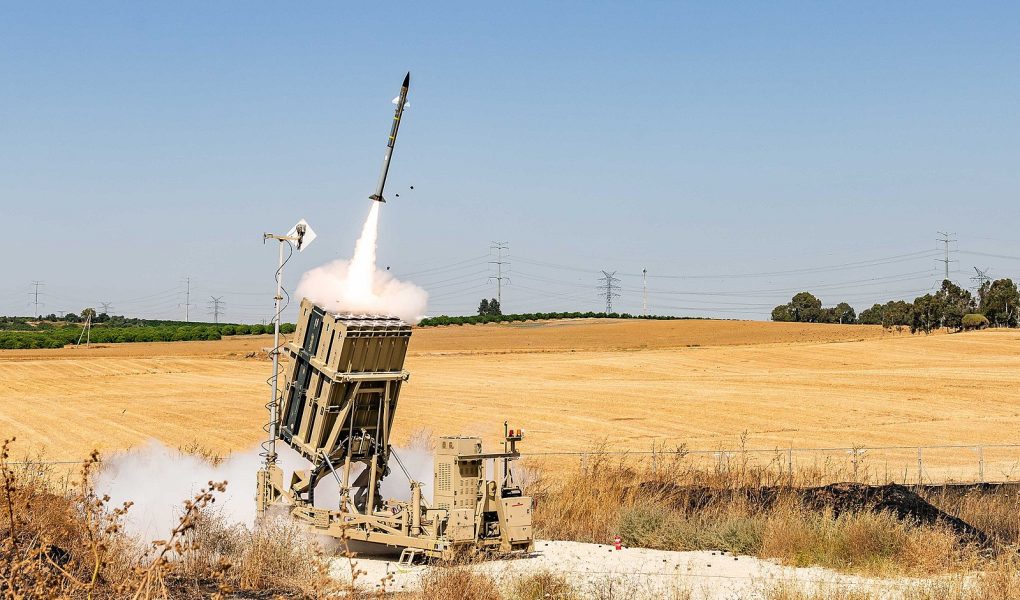In September 2019, a swarm of Iranian drones and cruise missiles temporarily took half of Saudi oil production offline. Four months later, a barrage of missiles obliterated a base in Iraq, wounding more than 100 U.S. troops.
In early 2022, a missile and drone attack on the United Arab Emirates by Iran-backed rebels in Yemen killed three civilians. Collectively, the attacks highlighted an unsettling reality: the U.S. and its partners are one successful Iranian strike away from catastrophe, resulting in mass casualties, destruction of infrastructure vital to the global economy or both.
In the face of Iran’s growing threat, America’s Middle East friends urgently need to improve their defenses. As explained in a new task force report we authored for the Jewish Institute for National Security of America, that means getting U.S. partners to integrate their air defense systems into a broader regionwide network. Working together, each country’s ability to defeat Iranian attacks would be enhanced over what they can achieve acting alone.
While the logic of integrated air and missile defenses (IAMD) is compelling, achieving it has historically proven difficult. The region’s political rivalries have repeatedly foiled efforts at multinational cooperation —especially in an area like IAMD that puts a premium on sharing sensitive data.
Importantly, that may be changing. Mounting attacks have concentrated the minds of the region’s states as never before on the severity of the challenge not only from Iran, but from its proxies in Lebanon, Yemen, Iraq and Syria. Their offensive strike power is now a 360-degree threat no single nation can effectively address alone.
Some suspect Washington’s interest in integration is a ruse to facilitate further withdrawal. Overcoming those doubts will require a sustained campaign to make clear a U.S.-led effort on IAMD is designed to consolidate — not abandon — America’s enduring commitment to the region.
For 20 years, U.S. administrations have failed to advance Middle East IAMD. New dynamics have created the best opportunity in a generation for progress. But realizing it likely depends on Biden’s readiness to move the issue higher on his already-crowded list of national security priorities.
Retired U.S. Air Force Lt. Gen. Joseph Guastella served as the U.S. Air Force’s deputy chief of staff for operations and as commander of U.S. Air Forces Central. Retired U.S. Army Lt. Gen. David Mann served as commander of Army Space and Missile Defense Command. John Hannah, the Randi and Charles Wax Senior fellow with the Jewish Institute for National Security of America, served as national security adviser to former Vice President Dick Cheney.
Originally published in Defense News.

